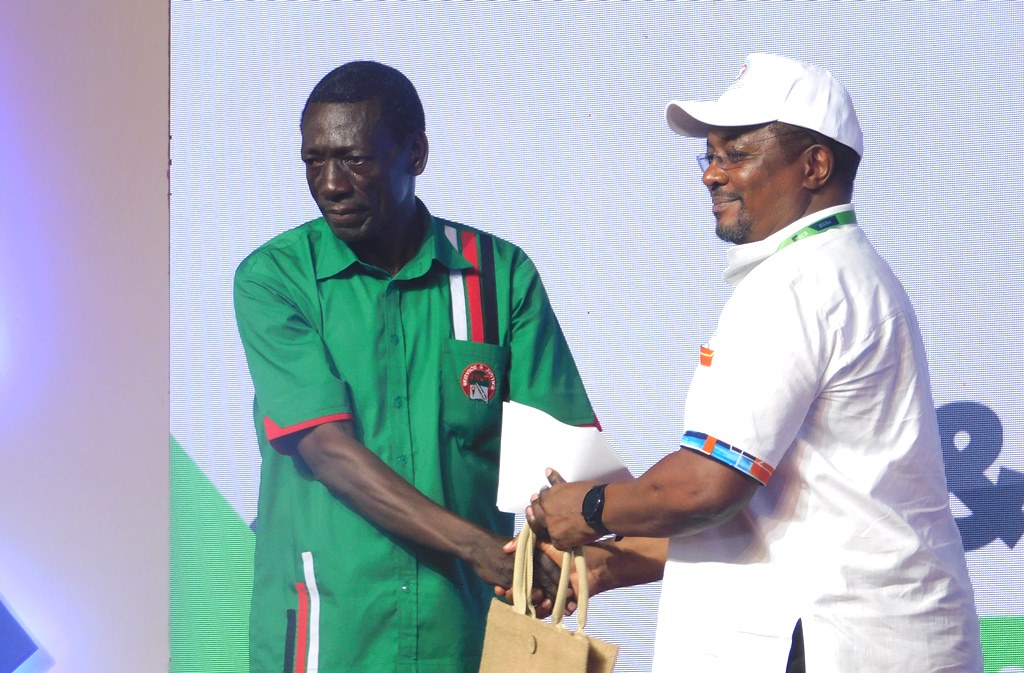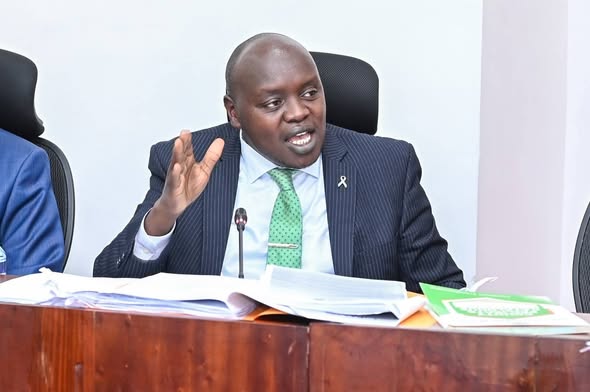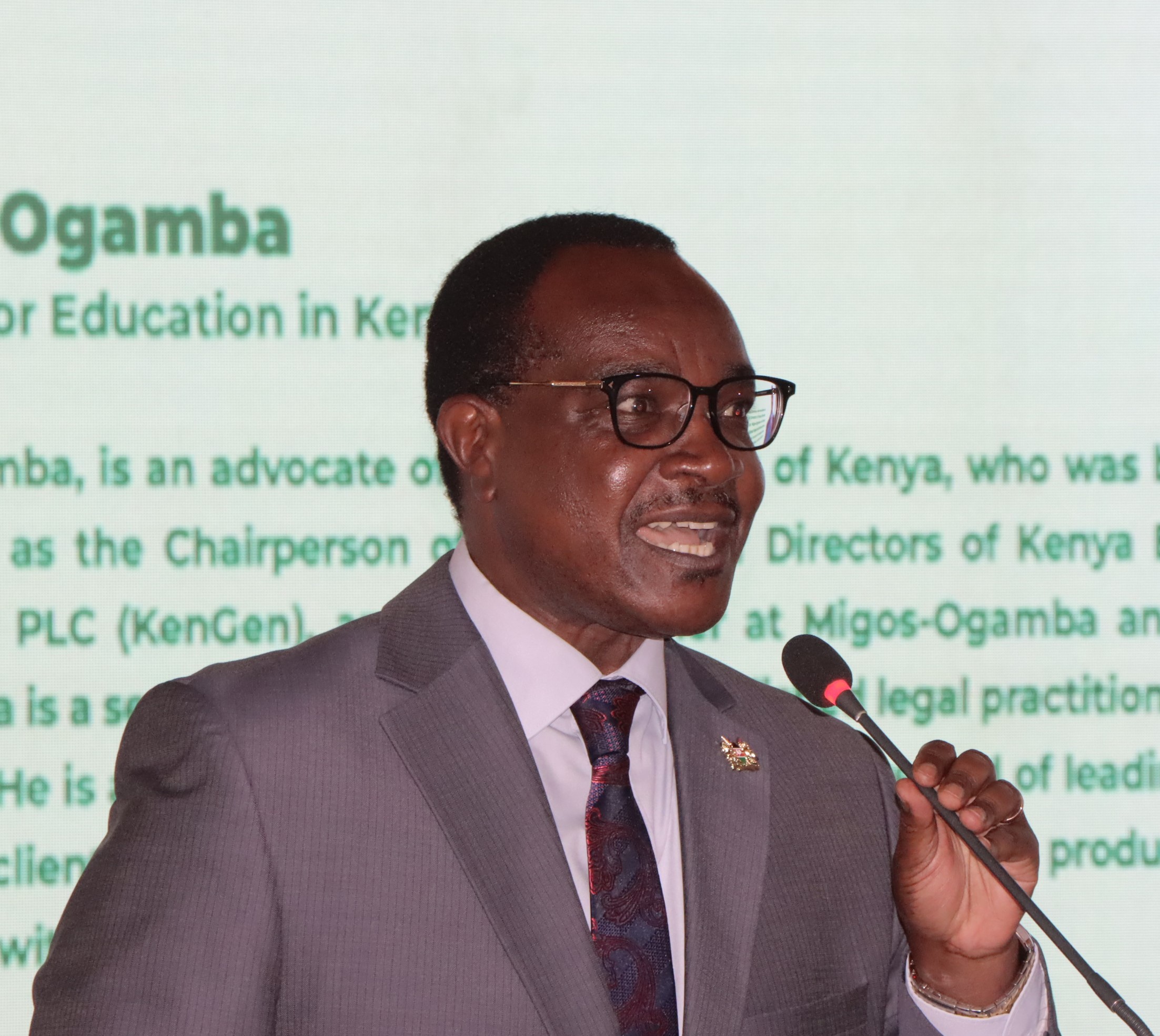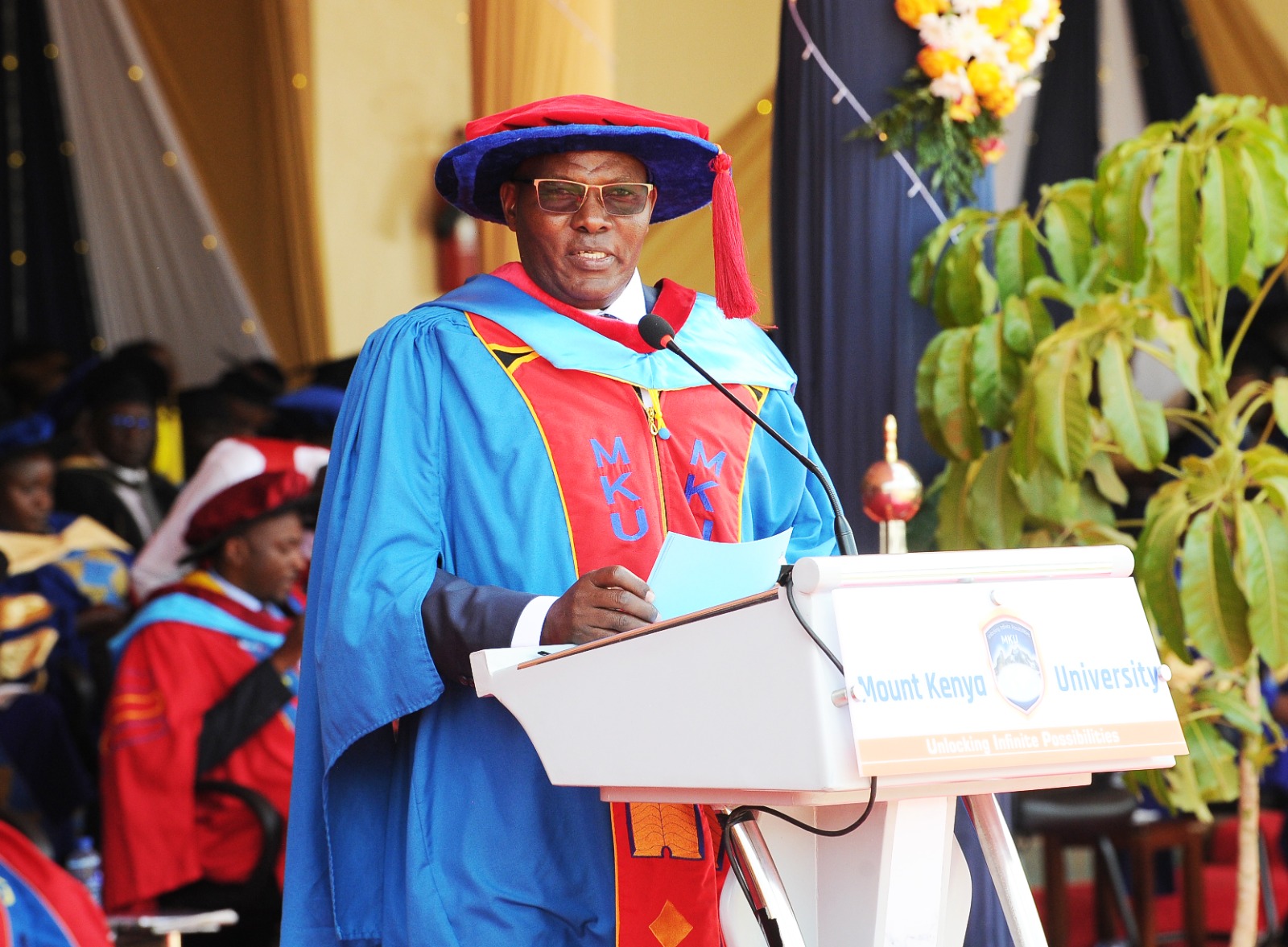Primary school head teachers, who are also managing Junior School (JS), have launched a charm offensive to be confirmed as principals of their jurisdictions.
They particularly want their employer Teachers Service Commission (TSC) to recognize them as principals of Comprehensive School (CS), the gigantic creation of the Presidential Working Party on Education Reform (PWPER) that sweeps right through primary school from pre-primary and upto JS.
This is happening even as the debate on who should lead JS rages on.
Under the umbrella Kenya Primary School Headteachers Association (KEPSHA), the teachers justify their position by the fact that they have overseen the successful transition from primary school at Grade 6 to JS at Grade 7, and managed the new structure effectively. At the centre of this also is the need to first be compensated for the period they have held the position temporarily, which is now close to three years.
National Chairman Johnson Nzioka observes that the three years is way above the threshold for confirmation as principals of Comprehensive School (CS) since under the labour laws, six months is enough.
He argued that a good number of these head teachers hold higher qualifications ranging from Bachelor degrees in Education, Masters and even Doctorate (PhDs), and have proven the ability to manage schools well.
“What I am expecting the commission to do is to confirm these head teachers as principals and in case there are those who do not qualify, we are expected to be told what qualifications they miss so that if it is advancing, they can do so. I know more than three-quarters of the head teachers in primary school are graduates,” he said in a recent interview with Education News.
Nzioka downplayed the ongoing debate on deployment of new principals to be in charge of JS, noting that during the period they have run the Competency-Based Curriculum (CBC) and its transitions, there have been no problems.
“Even if they were to advertise, I am not seeing any other people coming from the moon to lead the Junior School. There are no more qualified teachers in the field who can run the Junior School better than the head teachers of primary schools. Unless we are going elsewhere out of this country to look for better principals, the ones who have been running and who have ensured that even CBC takes root in this country are these teachers who have been running JS for the last two years,” said Nzioka.
The same sentiments were echoed by the Kenya National Union of Teachers (KNUT), which maintains that the head teachers qualify to run CS as per the recommendation of PWPER that JS be established under it.
KNUT first National Vice Chairman Malel Lang’at also rubbished the ongoing concerns that the heads are not qualified, encouraging the newly deployed JS teachers to cooperate with them.
“They qualify to head Comprehensive School… In fact, the government should move with speed to confirm them and be moved to higher grades and TSC should open the ceiling so that they can even reach the level of Chief Principal…,” noted Lang’at.
On the contrary
However, Kenya Union of Post Primary Education Teachers (KUPPET) has maintained that TSC should deploy new principals to lead JS to winnow out the awkward unease between the teachers there and the acting principals.
KUPPET Busia Executive Secretary Moffats Okisai notes that posting new administrators will reduce the ongoing friction and lack of authority in administration, observing that there are very many qualified teachers in secondary school.
“To avoid unnecessary friction and lack of authority in administration, the commission should just deploy experienced and tested teachers to be in charge of Comprehensive School if we want to be talking about standards and compliance to some policies. You cannot pick somebody from primary to be in charge of a secondary school teacher; we are already facing a lot commotion and misunderstanding in the JS,” said Okisai.
“If the administrator has weak qualifications for instance, the person cannot command respect …There are qualified teachers in secondary school like Senior Masters who can be deployed there,” added Okisai who opines that the head teachers have played their part of overseeing the transition and it ends there.
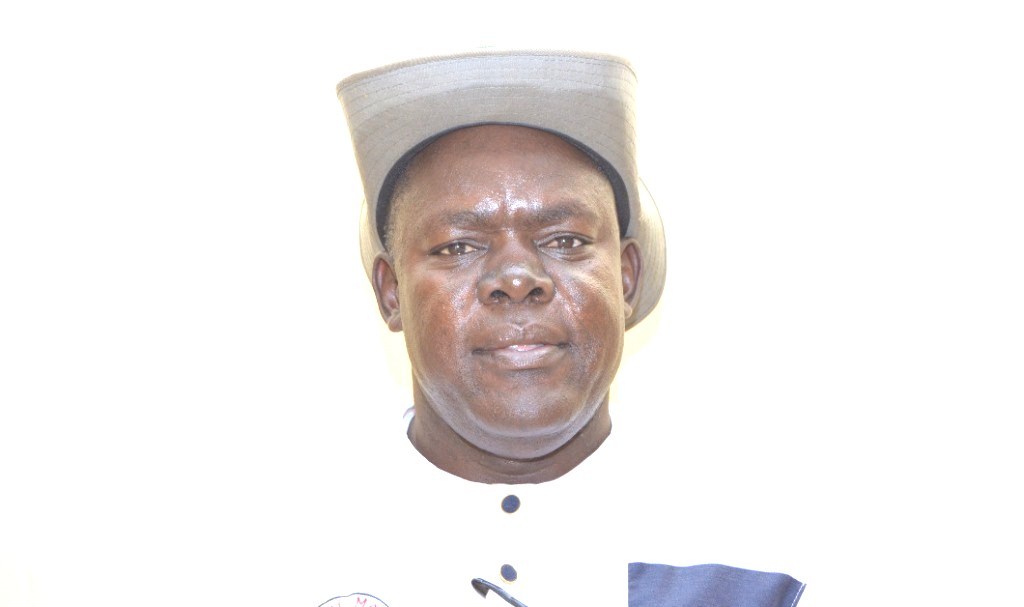
More than they can chew
“There is midwifing and there is administration, which are two different parts. Where it has reached, we don’t want them to swallow more than they can chew. In the first place, secondary school teachers teaching in primary doesn’t make them primary school teachers, and primary school teachers having been asked to midwife JS doesn’t make them secondary school teachers either,” reasoned Okisai.
The same observation was echoed by KUPPET Narok Executive Secretary Charles Ng’eno who stated that confirming the current primary school heads as principals of JS will make matters worse considering past experiences.
According to Ng’eno, there are so many teachers in secondary school who have stagnated in one job group, and since there will only be three classes from next year, these teachers should be deployed as administrators to avoid redundancy.
“You know you cannot have a head teacher of a primary school supervising a graduate who is trained to teach in secondary school. These are people who are trained differently. For us we don’t support; let the head teachers run the lower primary. We have teachers who have stagnated in our secondary schools (Senior Schools) and we have been talking about stagnation for long. Why can’t we deploy them to go and be administrators in JS?” posed Ng’eno.
“I know we have been having this talk that there are primary school heads who have done degrees. That’s fine, but they trained first as P1 teachers. Let’s respect their training; they have only furthered their education. …We will be aggravating a situation that is already bad,” he added.
Expired mandate
The Guidelines for Implementation of Junior Secondary Education released in January 2023 after PWPER recommended that JSS be domiciled in the existing primary schools required the primary school heads to run JS through the transition, a period that was effective January 1, 2023 to December 30, 2023.
The head teachers were further required to perform duties in respect to Part IV, Section 40 of the Basic Education Act (2013), the TSC Act (2012), and the Code of Regulations for Teachers (2015). A special sub-committee of the primary school Board of Management (BoM) that domiciles JSS was required to manage the school during the transition period.
Apart from the PWPER recommending adoption of a 2-6-3-3-3 Education Structure (that is, 2 years pre-primary, 6 years primary (Grades 1 to 6), 3 years JS (Grades 7to 9), 3 years Senior School (Grades 10 to 12) and a minimum of 3 years at university), it further required the MoE to establish a Comprehensive School(CS) system where all levels of learning from pre-primary to Grade 9 are managed as one institution.
The CS is supposed also to be administered by one principal (or Director for the case of private schools) as the head of institution, assisted by three deputies who will also be the heads of pre-primary, primary, and JS.
According to 2024 Economic Survey report released recently by the country’s statistical body, the Kenya National Bureau of Statistics (KNBS), the number of teachers with Masters and Doctorate degrees, Bachelor’s degrees and Diploma in primary school increased by 0.6, 3.3 and 4.1 per cent respectively.
The data showed that teachers with Master and Doctorate Degrees increased from 2,047 in 2022 to 2,060 in 2023, while those with Bachelor Degrees increased from 27,324 in 2022 to 28,226 in 2023. Those with Diploma increased from 39,300 in 2022 to 40,916 in 2023.
YOU MAY ALSO READ:
High integrity seen in KCSE administration in Kwale, says education boss
Stakeholders have been raising concern regarding the recent changes in the education sector and more in particular the introduction of Comprehensive School, noting that the move creates a parallel system of administration in schools since having separate heads all reporting to one person brews conflict and inefficiency.
Others are of the view that as much as the move is good, the division between the levels should be clear and that a unified approach is essential for effective management since a central authority will ensure cohesion, streamline resource allocation, and foster a shared vision that benefits all learners.
Strained relationship
As this unfolds, the recently confirmed 46,000 JS teachers who were converted from internship to permanent and pensionable terms have requested TSC to transfer them to new working stations amid fears of a strained working relationship with the head teachers.
A number of teachers who spoke to Education News fear facing disciplinary action from the school heads once confirmed, citing a recent incident where a JS teacher in Nyanza was involved in a heated argument with his superior. This is suspected to be happening in many schools.
“TSC should consider transferring some of us to different work stations once we are confirmed on permanent and pensionable terms to dilute the already sour relationship with heads of institutions. Some of us fear that the bosses will now have express leeway to institute disciplinary mechanism over us unlike when we were on internship,” noted one of the JSS teachers in one of the recruitment centres.
Amidst all the noise, there is a deafening silence from TSC despite the raging verbal contest. It is not clear it has released the guidelines on how it will deploy administrators to JS and how the whole idea of Comprehensive School as envisioned by PWPER will be realized.
By Roy Hezron
You can also follow our social media pages on Twitter: Education News KE and Facebook: Education News Newspaper for timely updates.
>>> Click here to stay up-to-date with trending regional stories
>>> Click here to read more informed opinions on the country’s education landscape


